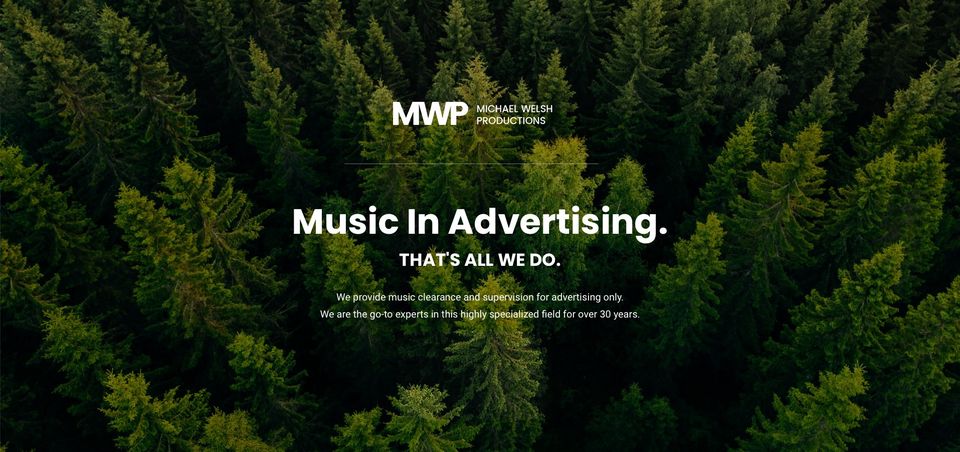
Let’s look at social media influencers and how brands are partnering with them. Before there were such a thing “influencer,” brands would piggyback on the fame and persona of a well-known actor, athlete, writer or even politician – and include them in varying degrees in their campaigns. The celebrity would do anything from a simple voice-over in a commercial spot, to on-camera appearances, live events, or an entire clothing line partnership and PR campaign.
Due to the proliferation of social media and the number of followers these influencers bring to the table, brands are now paying huge amounts of money to ask them to sell their product in some form or another.
The brand will naturally look for an influencer with a following similar to its ideal demographic, and will consider the influencer audience reach, the cost of engaging them and then carefully consider if they really want a particular influencer to represent their brand. The attraction for the brand is when it finds an influencer with a following that exactly fits its targeted customer.
In most cases, a brand will pay an influencer in the hopes that they can instigate some kind viral video event with a reference to its branded products, initially generated from a brand-produced commercial spot – but here’s where it gets tricky.
Brands are attracted to the individualism and non-corporate persona of the influencer and of course, wants to maintain that “coolness factor” and their appeal to their followers. It’s a balancing act for the brand: be cool, put the influencer forward, stay out of the way… and still sell your brand.
When a brand wants to use are particular track and there’s a social media/influencer call-to-action component to the campaign; that is, for example, the influencer is being paid to ask her/his followers to create and upload their videos to social media – (user-generated content, or UGC) – that are somehow tied directly or indirectly with the brands product or service.
Social media and particularly brands partnering with influencers is a great tool for reaching target audiences. While this is a boon for advertisers, it has become a bit like herding cats in the music industry who feel they lose more and more control of their copyrights every day on the Internet.
Influencers do just that – they cultural influence large yet specific groups of people. Piggy backing on that influence is of great interest to digital music branding looking for customers.
Michael Welsh is the founder/CEO of Michael Welsh Productions, Inc. – and specializes in music licensing and supervision for advertising only. www.michaelwelshprods.com

